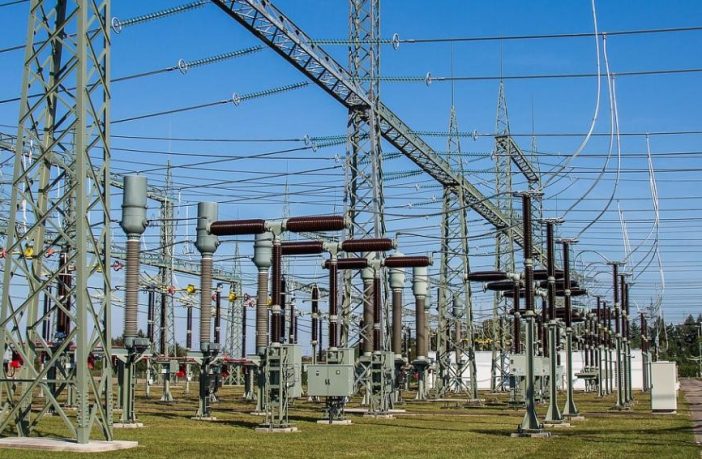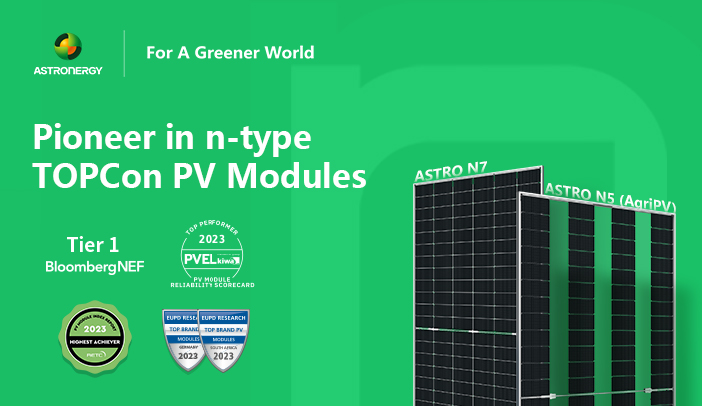- On 3 November 2023, Eskom hosted a presentation to update industry on the implementation of the Interim Grid Capacity Allocation Rules (IGCAR).
- The focus of the presentation was on addressing the status of pending grid connection applications and on providing further clarifications on the IGCAR evaluation criteria, including confirmation of the requirement for a guarantee.
- Alecia Pienaar (Council) and Tessa Brewis (Director) from Cliff Dekker Hofmeyr unpack the latest updates.
Status of pending grid connection application
Eskom confirmed that all pending budget quote (BQ) processes in the three Cape provinces have been attended to – of 42 projects totalling 5.1GW, 32 were found to be IGCAR compliant, with 27 collectively allocated 3.2 GW of grid capacity. The remaining IGCAR compliant projects in the Cape provinces will be issued with cost estimate letters or otherwise allocated grid capacity as and when it becomes available. The relevant Eskom Grid Access Units have since turned to assess pending BQ applications made in the remaining areas falling outside the Cape provinces. Thus far, only 8 of the 44 projects have been found to be IGCAR compliant, with additional information requested from the remainder of the projects.
Related news: Astronergy’s new ASTRO N-7 66-cell solar panel designed for utility scale solar projects is a cut above the rest
Evaluation criteria clarifications
Based on the applications assessed to date, Eskom issued the below clarifications on some of the IGCAR evaluation criteria, which have been extracted from the presentation:
- Requirement: Environmental authorisation and water use licences (WULs) in respect of the generation facility.
- Clarification: “Applicants are required to submit WULs in respect of the generation facility….Eskom may accept proof of submission of application to relevant authorities (e.g. Department of Water and Sanitation) as commensurate compliance taking into account specific details and circumstances of the project including unreasonable delays in processing such applications by the relevant authorities.”
- Requirement: Conditional approval issued by the South African Civil Aviation Authority (CAA) in terms of the Civil Aviation Regulations.
- Clarification: “This requirement is in respect of the generation facility. CAA conditional approval is required OR alternatively an environmental impact assessment report indicating no impact on aviation OR alternatively a glint and glare impact assessment report indicating no impact. CAA has appointed the Air Traffic Navigation Services to conduct/issue obstacle evaluation assessments/approvals.”
- Requirement: Land rights (ownership and lease) to construct the generation facility.
- Clarification: “All applications are required to submit lease agreements or option-to-lease agreements or proof of ownership rights to the land. Applicants are further required to complete and submit a Land Authorisation Form detailing each property impacted by the [independent power producer](IPP) project and indication of lease/option to lease agreement per portion of land. Applications with lease agreements/option to lease agreements are currently exempt from obtaining approvals in terms of the Sub-division of Agricultural Land Act [70 of 1970].”
- Requirement: Confirmation of appointment of design consultants accepted by Eskom (self-build).
- Clarification: “Applicants required to submit CVs and profiles of appointed consultants to demonstrate relevant experience, competence/skill and professional registration.”
- Requirement: Measured data for primary energy resource, as applicable (minimum two years for wind and one year for solar).
- Clarification: “Hourly production data required for both solar and wind. Satellite data acceptable for solar irradiance data. Minimum two-year production data required for wind with at least one year being on-site measurement data, alternatively, an independent engineer’s report with one year of on-site together and two years production data with wind speed and hub height data.”
- Requirement: Grid Capacity Allocation Guarantee.
- Clarification: “Guarantee to be submitted by all applicants as per the IGCAR.”
Grid Capacity Allocation Guarantee requirements
All generators who wish to be grid-tied to the transmission or distribution grid with installed capacity greater than 1 MW are required to provide Eskom with a guarantee.
According to Eskom, the need for a guarantee is linked to the economic costs suffered where a project has received grid capacity allocation, but then fails to connect in accordance with agreed timelines. These costs stem from both:
(i) the “costs of loadshedding”, which is an economic loss attributable to unavailability of a generation facility with reference to the period of grid capacity allocation and connection; and
(ii) the “energy displacement component” of renewable energy projects, which generally have lower tariffs that ultimately cuts down Eskom’s energy costs.
Taking this into account, the “reasonable cost” to be covered by the guarantee has been agreed at R200,000 per MW per project.
The following requirements and conditions will apply in respect of the guarantee:
- it is to be issued by a financial institution and in a form approved by Eskom;
- in terms of timing, it is required to be submitted following request for a BQ and confirmation that the project is “shovel-ready” as contemplated under the IGCAR;
- the guarantee must cover the entire BQ period (development, issue and validity), as well as the project execution phase up until grid connection;
- draw down on the guarantee will occur upon revocation of grid capacity allocation, which may, in turn, result from failure to comply with prescribed timelines or BQ conditions; and
- the amount of the draw down will be calculated with reference to date from which grid capacity was reserved.
Eskom clarified that the guarantee was distinct from and in addition to any grid construction works guarantee to be provided.
Concerns have been raised over the risk of developers or IPPs being liable in terms of the guarantee where the scope of works significantly changes between the cost estimate letter and BQ stage, with the developer or IPP unable or unwilling to proceed with the revised scope. While Eskom indicated that the scope of works will not be changed without a customer’s input and agreement to proceed, liability could still accrue depending on when grid capacity is deemed to have been reserved in such application.
To secure grid capacity allocation, developers and IPPs are therefore encouraged to be fully acquainted with the IGCAR and timeously seek advice on their requirements to ensure compliant submissions. This is especially considering that revocation of grid capacity allocation will result in such capacity falling back into the capacity “pool”, to be reallocated to other applicants in accordance with the IGCAR.
Authors: Alecia Pienaar (Council) and Tessa Brewis (Director) from Cliff Dekker Hofmeyr
Source: Cliff Dekker Hofmeyr (CDH)
Cliff Dekker Hofmeyr (CDH), a top legal service provider, has experience across a broad spectrum of project related matters. They have been extensively involved in infrastructure and project finance, public private partnerships and energy projects in Southern Africa and across the African continent.
















